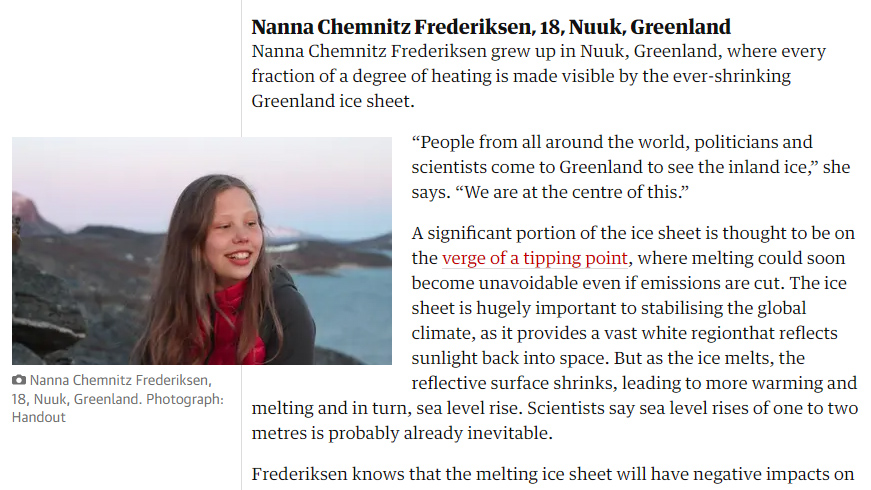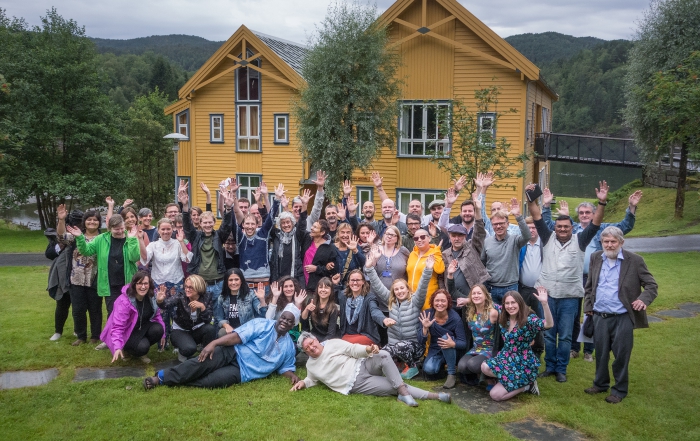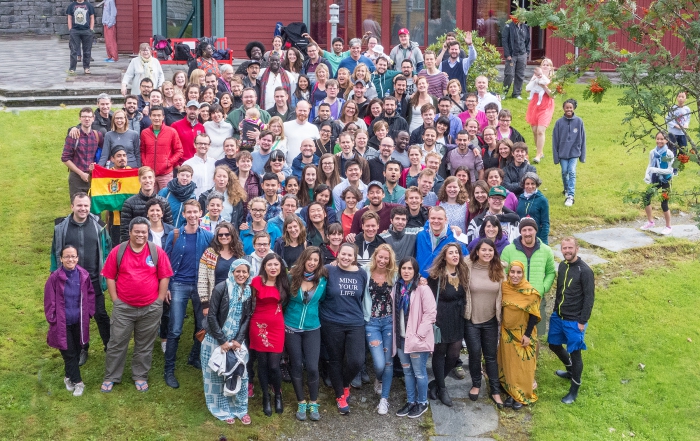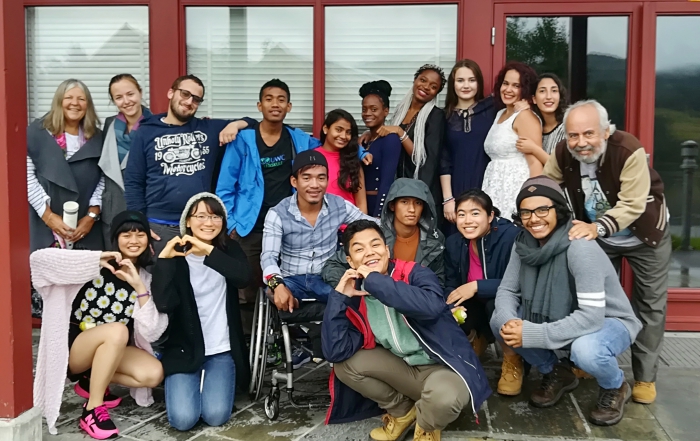“People from all around the world, politicians and scientists come to Greenland to see the inland ice,” she says. “We are at the centre of this.”
A significant portion of the ice sheet is thought to be on the verge of a tipping point, where melting could soon become unavoidable even if emissions are cut. The ice sheet is hugely important to stabilizing the global climate, as it provides a vast white region that reflects sunlight back into space. But as the ice melts, the reflective surface shrinks, leading to more warming and melting and in turn, sea level rise. Scientists say sea level rises of one to two metres is probably already inevitable.
Frederiksen knows that the melting ice sheet will have negative impacts on communities across Greenland, especially in northern settlements such as Qaanaaq where permafrost melting is destabilizing homes and roads and impacting how fishers and hunters operate.
But her real concern lies on the impact it will have globally. “I am not so scared of what the effects of the melting of ice in Greenland will be,” Frederiksen says, “It scares me what effect it can have for the rest of the world.”
Latest News
Staff Introduction Week
It has been Staff Introduction Week at RCN this week – this is an opportunity for staff to learn about the activities that have been happening on campus over the course of June and July, [...]
Reunion: ‘You are needed’*
Founding Staff Over the past weekend, we have hosted the biennial alumni reunion on campus – and it was an absolute pleasure to welcome the graduates of 1997, 1998, 2006, 2007, other guests [...]
Summer English Course 2017
Monday, 21st August marks both an end and a beginning for the students who are taking part in the Summer English Course at RCN. A group of about 20 students are currently on campus before [...]




